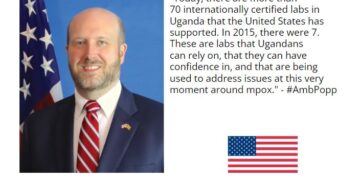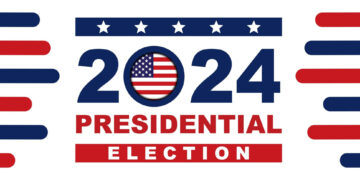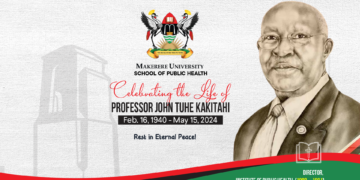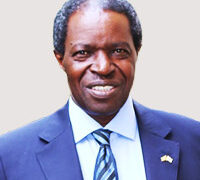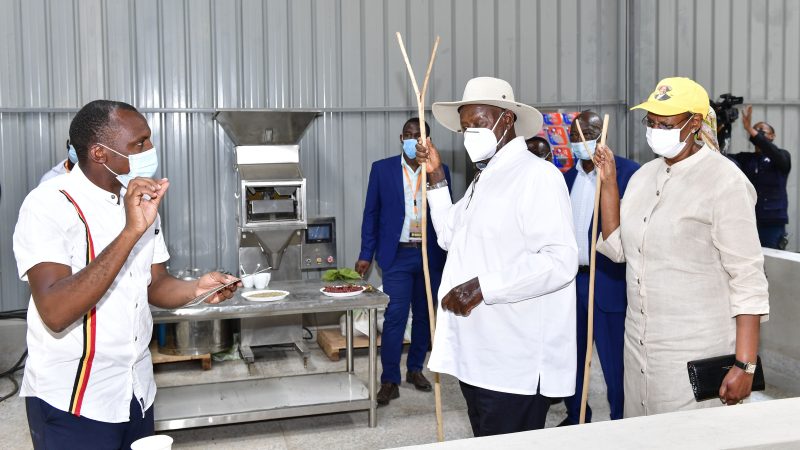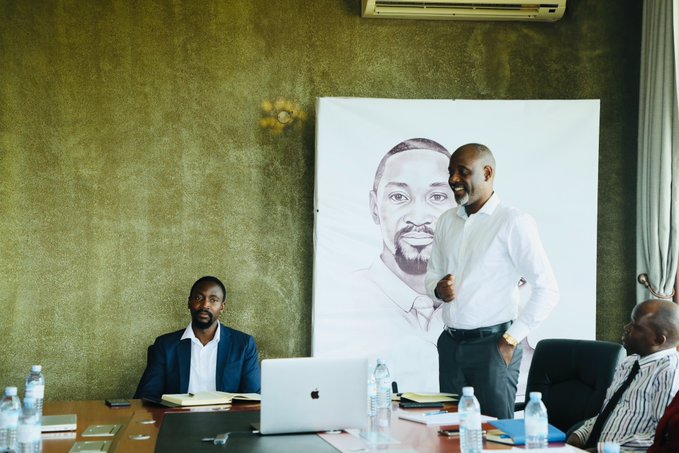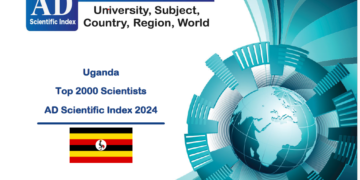Kampala, Uganda – Researchers at the Universities of Witwatersrand and Johannesburg, in South Africa, have explained the spate of military coups in West Africa.
In two seperate studies, they have concluded that socio-economic factors and political instability in Africa are motivating the current wave of military coups on the continent.
On Wednesday last week, the declaration of Mr. Ali Bongo as the winner of a recent election in Gabon was swiftly followed by a surprise broadcast.
A group of soldiers announced their seizure of power in the country, a former French colony.
The internet shutdown imposed by Mr. Bongo’s regime on the eve of the election had been lifted by the new junta later in the day, revealing scenes of celebrating crowds.
Mr. Bongo, who appeared in an online video from his place of confinement, looked bewildered and made an appeal for international support, though the chances of reversing the coup seemed remote.
This coup in the former French colony is not an isolated incident. The overthrow of Mr. Bazoum in Niger on July 26th served as a warning that the “coup-epidemic” in West and Central Africa was not over, reports the BBC.
Prior to this event, Burkina Faso’s President Roch Marc Christian Kaboré had been ousted by soldiers in January of the previous year.
In 2021, West Africa experienced two other coups, with Col Assimi Goïta staging a second military takeover in Mali in May.
Another coup occurred eight months later when his leadership was challenged by lower-ranking counterparts on September 30th.
These events highlight a concerning trend of political instability in the region.
The Researchers
One of the researchers is Gwinyai Regis Taruvinga, from the University of the Witwatersrand, South Africa.
The other two are; George Chimdi Mbara and Suzanne Graham from the University of Johannesburg, also in South Africa.
In separate studies, they have concluded that the resurgence of coups on the continent provides an opportunity to reevaluate conflict prevention mechanisms in Africa.
They argue that governance deficiencies related to escalating insecurity, socio-economic frustrations, and unmet citizenship rights, must be addressed.
“The path forward will require concerted efforts by countries in collaboration with global and regional partners to tackle these complex issues and ensure a return to stable democratic governance in the region,” they recommend.
Their studies are contained in two separate studies titled: The Resurgence of Military Coups in Africa: The Case of West Africa and the Sahel, published by the journal Palgrave Macmillan, Cham and Dissecting the Impact of Recent Coups in Africa on Democracy and Good Governance published in June by Sabinet African Journals.
Background
In recent years, a disturbing trend of military coups has swept across the West African subcontinent, raising concerns about the region’s democratic stability.
This resurgence of military takeovers harkens back to the 1960s when military coups were a common feature on the African continent, posing a significant threat to the process of democratization.
Although there was a lull in such coups for a period, recent events in countries like Guinea, Sudan, and Burkina Faso indicate a worrying return of the military to power.
West Africa and the Sahel region, in particular, have experienced a disproportionate number of coups compared to other African regions.
To understand this resurgence, experts point to a combination of socio-economic factors and political instability as motivating military interventions.
While these factors play a significant role, there’s also a growing consensus that regional bodies, such as UN, AU, and the ECOWAS, need to act.
Despite sanctions, membership suspensions, and condemnations by international and regional organizations, the wave of military coups in the region continues unabated.
Questions arise regarding the public support for such actions and the varying interpretations of democracy within different African nations.
The Studies
These two recent studies, used a qualitative literature review and thematic content analysis to delve into the root causes of this resurgence, drawing on the theoretical framework of neo-colonialism.
The studies can be accessed via these two links:
https://doi.org/10.1007/978-3-031-29635-2_9
https://hdl.handle.net/10520/ejc-aa_afren_v20_n2_a6








